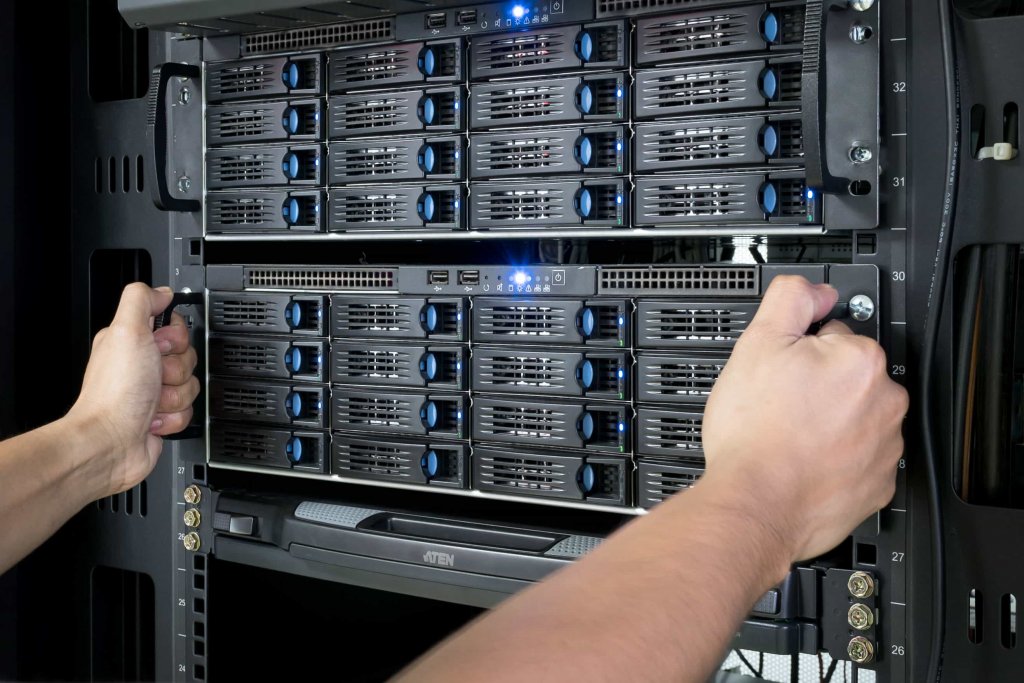In the era of increasing digitalization, our reliance on computers and the amount of data we generate have grown exponentially. From personal files and multimedia content to business documents and software installations, we find ourselves constantly juggling data storage requirements. Choosing the right amount of storage for your PC is crucial to ensure smooth operation and efficient organization. In this article, we will explore the factors to consider when determining how much storage your PC needs.
Evaluate Your Usage Patterns:
Understanding your computing habits is the first step towards determining the ideal storage capacity for your PC. Ask yourself: What type of user am I? Do I primarily engage in web browsing, document editing, and streaming? Or do I work with resource-intensive applications, such as video editing or gaming? The nature of your activities will significantly impact your storage needs.
Operating System and Applications:
Consider the storage space required for your operating system (OS) and the applications you frequently use. Windows, macOS, and Linux distributions generally demand around 20-30 GB of space for a standard installation. However, if you rely on specialized software or have a vast library of resource-heavy applications, allocate additional space accordingly.
Multimedia Content:
If you store a large collection of multimedia files, such as photos, videos, and music, you should account for their storage requirements. High-resolution photos and videos can consume substantial space. A high-quality 4K video, for instance, can occupy several gigabytes. Similarly, lossless audio files or extensive music libraries can quickly accumulate storage usage. Evaluate your media consumption habits and allocate enough space to accommodate your current collection and future expansion.
Cloud Storage and External Drives:
Supplementing your PC’s internal storage with cloud storage services or external drives can be an effective strategy. Cloud storage provides off-site backup and enables access to your files from multiple devices, but it requires a stable internet connection. External drives, on the other hand, offer portability and additional storage but may require manual management. Assess your needs and preferences when deciding on these supplemental storage options.
Future Growth and Longevity:
When investing in a PC, it’s important to plan for the future. Technology evolves rapidly, and as software and file sizes increase, so do storage requirements. Opting for a larger storage capacity than your immediate needs can provide headroom for future growth and prevent the need for premature upgrades. Consider the lifespan of your PC and how long you expect it to meet your needs.
Conclusion:
Determining the right amount of storage for your PC involves understanding your usage patterns, evaluating the storage requirements of your operating system, applications, and multimedia content, and considering future growth. Striking a balance between adequate storage space and cost efficiency is essential. By assessing your needs and planning accordingly, you can ensure a seamless and efficient computing experience that accommodates your current requirements and future expansion.
